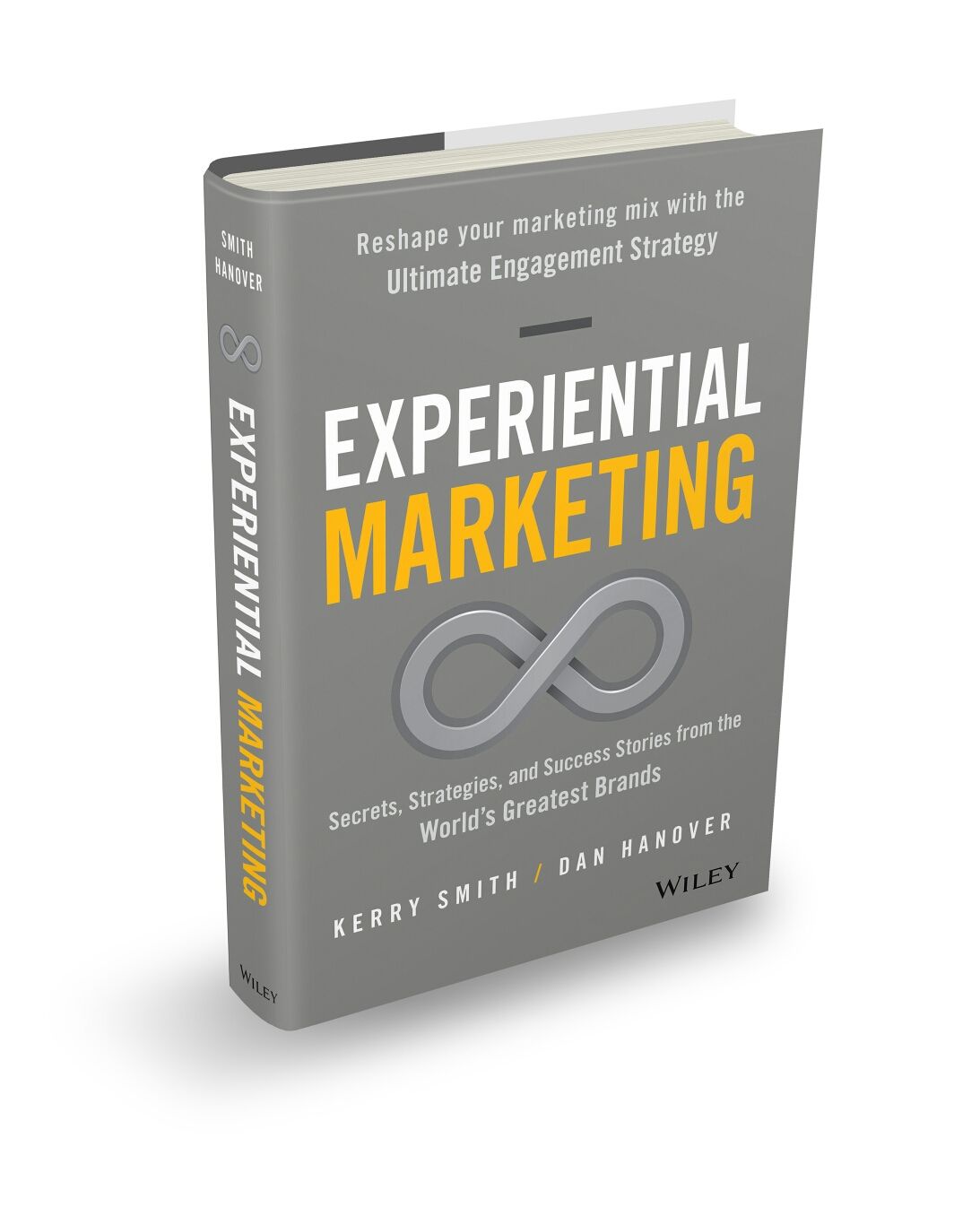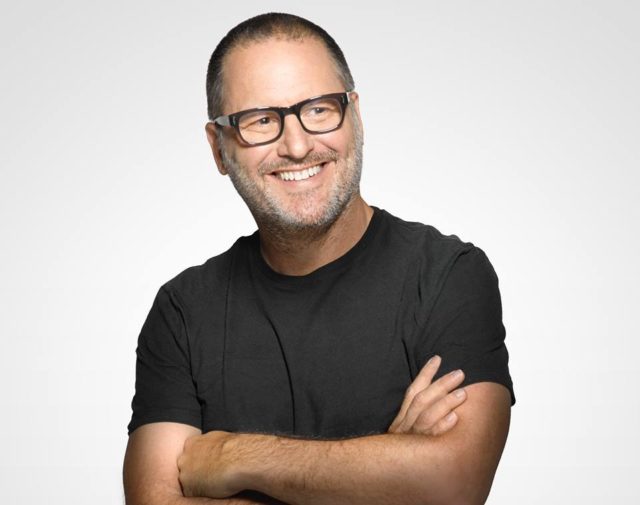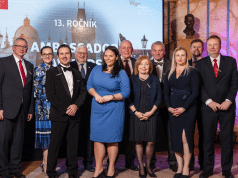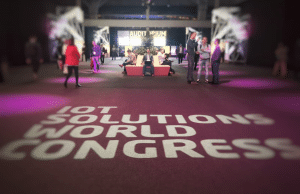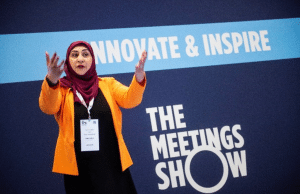Q: What is the difference between events, brand experience and experience marketing?
At Jack Morton, we think of events as being (usually live) experiences that are targeted to specific audiences—like CES, or a press launch for a new product, for instance. Brand experiences connect brands with people, take place in both the physical and digital worlds and cover a wide range of experiences that could accurately be described as such. From a pop-up store, through to an activation at a festival or a piece of online content – what is different about all these experiences, compared to other forms of marketing, is that they have the potential to fully immerse people with the essence of a brand. In terms of experience marketing, we like to think of what the activity is designed to deliver. If advertising—in all its forms—is intended to convey a brand’s promise, experience marketing is meant to deliver proof of that promise.

Q: When do experiential marketing events work best?
Since memory and emotions are crucial to building brands, experiential marketing events work best when they are simple, moving and original. In our business we have a tendency to think that people spend a lot of time thinking about our brands. They don’t. So we need to keep our experiences, and by extension what we intend to convey, simple and easy to understand. Also, since human beings make most decisions emotionally, what people feel about our brands is as important, if not more so, than what they think. So we must move them. And people tend to notice and talk about experiences that are novel and fresh, so we always try to bring something new to every experience we create.
Q: What kind of results can experiential marketing bring in comparison to other marketing activities?
Since experiential marketing can provide the proof of a brand’s promise, it can forge long-term relationships in a way that other forms of marketing cannot so easily achieve. Specific results in experiential, however, will depend on the category, the business objectives, and the quality of the idea and execution. Clients who are willing to do bold things that haven’t been done before tend to get better results, particularly when the objective is to create awareness, engagement and earned media.
Q: What are the latest trends in experiential marketing?
VR has been quite trendy over the past few years, and we love the technology and the possibilities it offers. We also see increasing usage and a lot of potential in the experiential space for AR (augmented reality), for a couple of reasons. It can offer an intriguing alternative to building physical material for an experience, and it can allow you to deliver valuable and potentially more personalized contextual information in an experience. Technology, of course, is ubiquitous and will continue to develop rapidly with wearables, AI, etc. But we also see a trend toward more analog physical installations. One thing that never changes is that great ideas are a whole lot better than mediocre ones.
Q: Which experiential marketing campaign has inspired you in the last year?
Nike Unlimited Stadium, which we produced in collaboration with BBH in Singapore. It was a beautiful idea and execution that used technology in a frictionless way to inspire runners and augment their training regimens.
Q: What’s been your favourite project to work on so far and why?
We do a lot of interesting work, so it’s very difficult to name one favourite. Our New York office of Jack Morton has been doing some work with the 3% Conference (a non-profit organisation dedicated to increasing the ratio of female to male creative leaders) over the last year or two that is close to my heart. We worked with the founder Kat Gordon to devise activities within the conference that would create more interaction between attendees, and we are also designing a book that captures the thinking of many of last year’s attendees.
Q: Which was the best book that you’ve read on experiential marketing (or marketing in general) so far and why?
It’s difficult to say one book on experiential is the best, as there are a number of solid ones out there. One that I read recently and found very useful was Experiential Marketing by Kerry Smith and Dan Hanover. It gives a thorough overview of the practice and its practical application informed by real-world case studies of experiential marketing created by some of the world’s most valuable brands. I think it’s a valuable read for anyone who’s interested in experiential.
